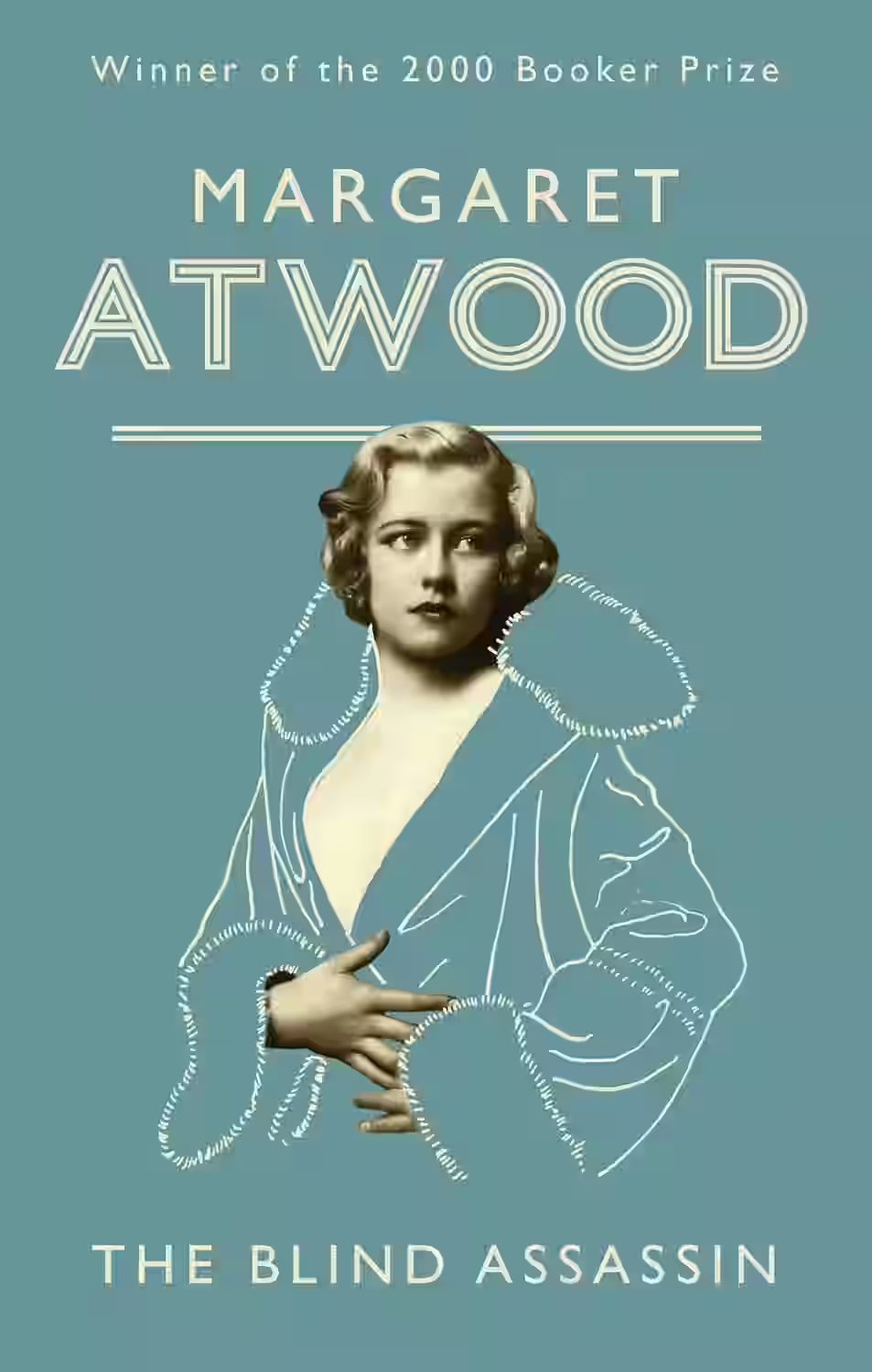
At eighty-two, Iris Chase lives in faded obscurity in Port Ticonderoga, a town once shaped by her wealthy family. Reflecting on her life and the tragic death of her sister Laura, Iris revisits the scandals that followed the posthumous publication of The Blind Assassin—a novel that earned Laura cult status. Set in the 1930s, the book-within-the-book tells of a secret affair between a fugitive and a privileged woman who escape into a sci-fi tale of Planet Zycron. As fiction and reality intertwine, themes of love, betrayal, and loss unfold. Margaret Atwood’s novel is haunting, darkly humorous, and masterfully layered.
About Margaret Atwood
A prolific and influential Canadian author known for her dystopian novels, feminist themes, and insightful social commentary. Works like The Handmaid's Tale and The Testaments explore power, gender, and environmental concerns with chilling prescience. Atwood's sharp prose and thought-provoking narratives have made her a vital voice in contemporary literature, challenging readers to consider the complexities of the human condition and societal structures.
Other Books by Margaret Atwood
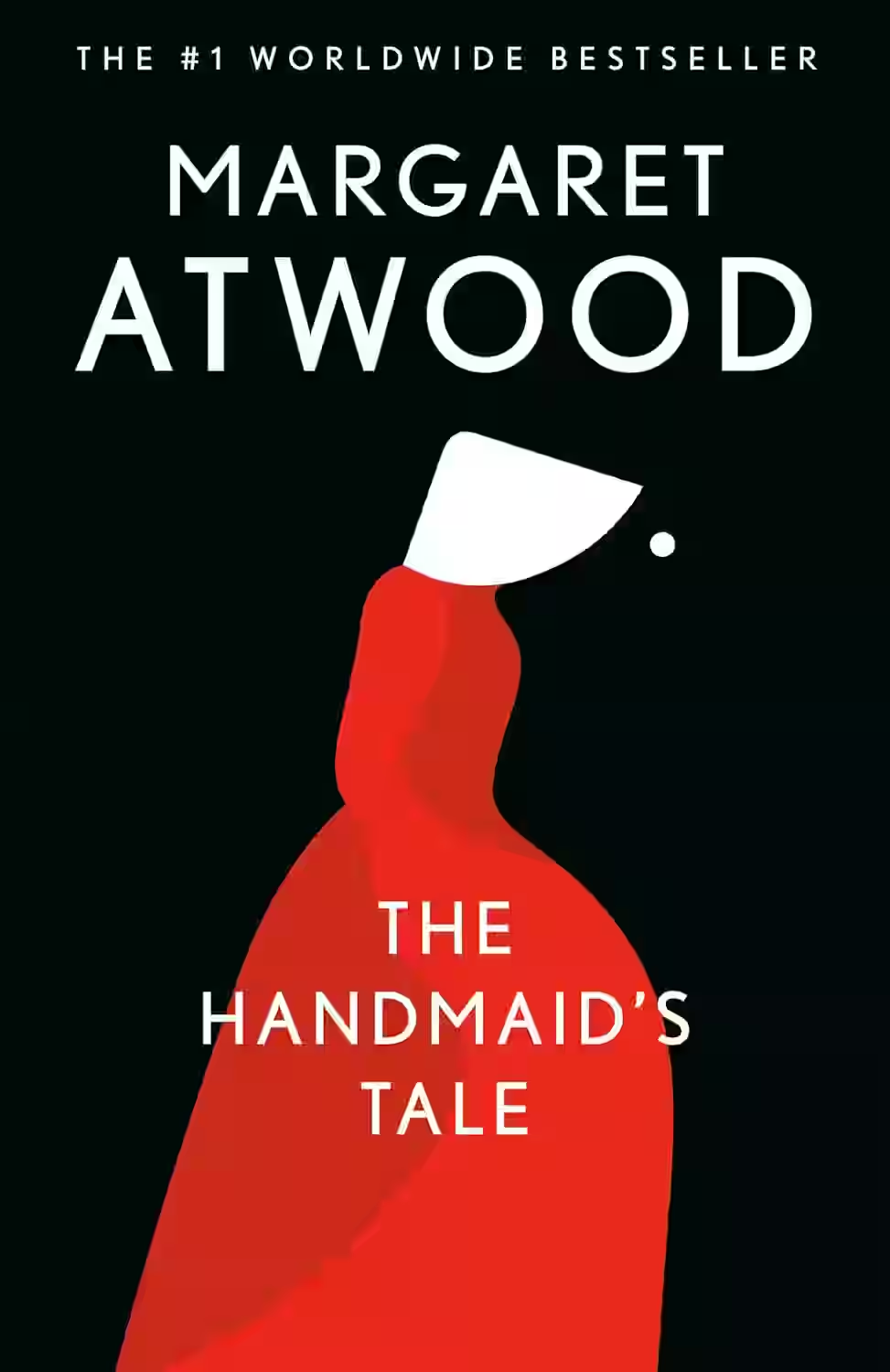
The Handmaid's Tale
Series: The Handmaid's Tale (#1)
In the Republic of Gilead, a theocratic regime has stripped women of their rights and forced them into distinct social classes. Through the eyes of Offred, a Handmaid assigned to bear children for elite couples, we see a chilling exploration of gender, power, and resistance in a society that feels disturbingly possible.
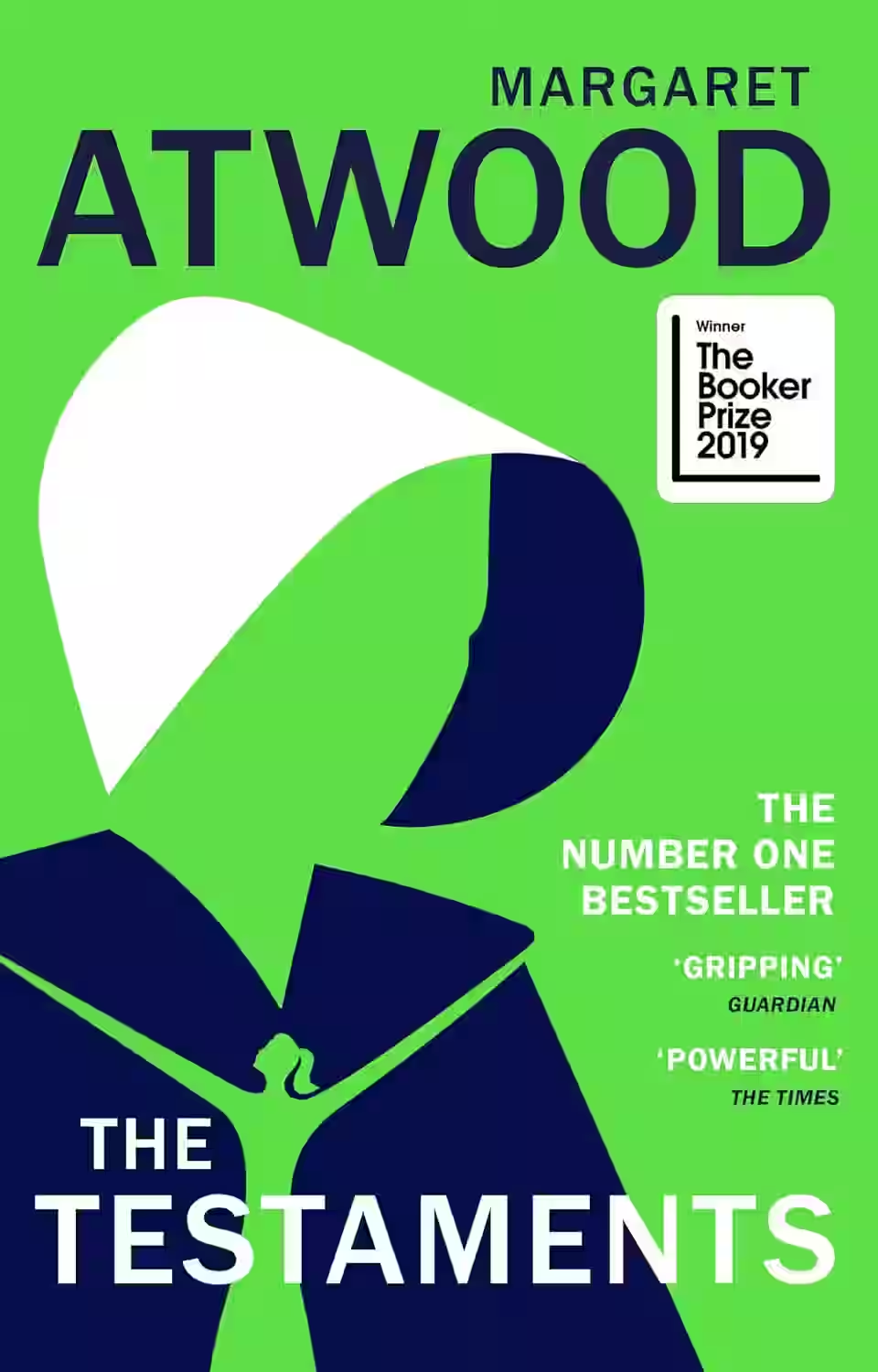
The Testaments
Series: The Handmaid's Tale (#2)
A sequel to The Handmaid’s Tale, The Testaments is set fifteen years after the original novel. It follows three female narrators—Aunt Lydia, a powerful enforcer of Gilead’s laws; Agnes, a girl raised in Gilead; and Daisy, a Canadian teenager unknowingly tied to the regime. Their stories intertwine to expose the fragility and hypocrisy of Gilead’s power structure. Atwood crafts a thrilling and timely narrative that explores resistance, indoctrination, and female agency in a dystopian society. The novel deepens the world of Gilead while offering a glimmer of hope for its collapse.
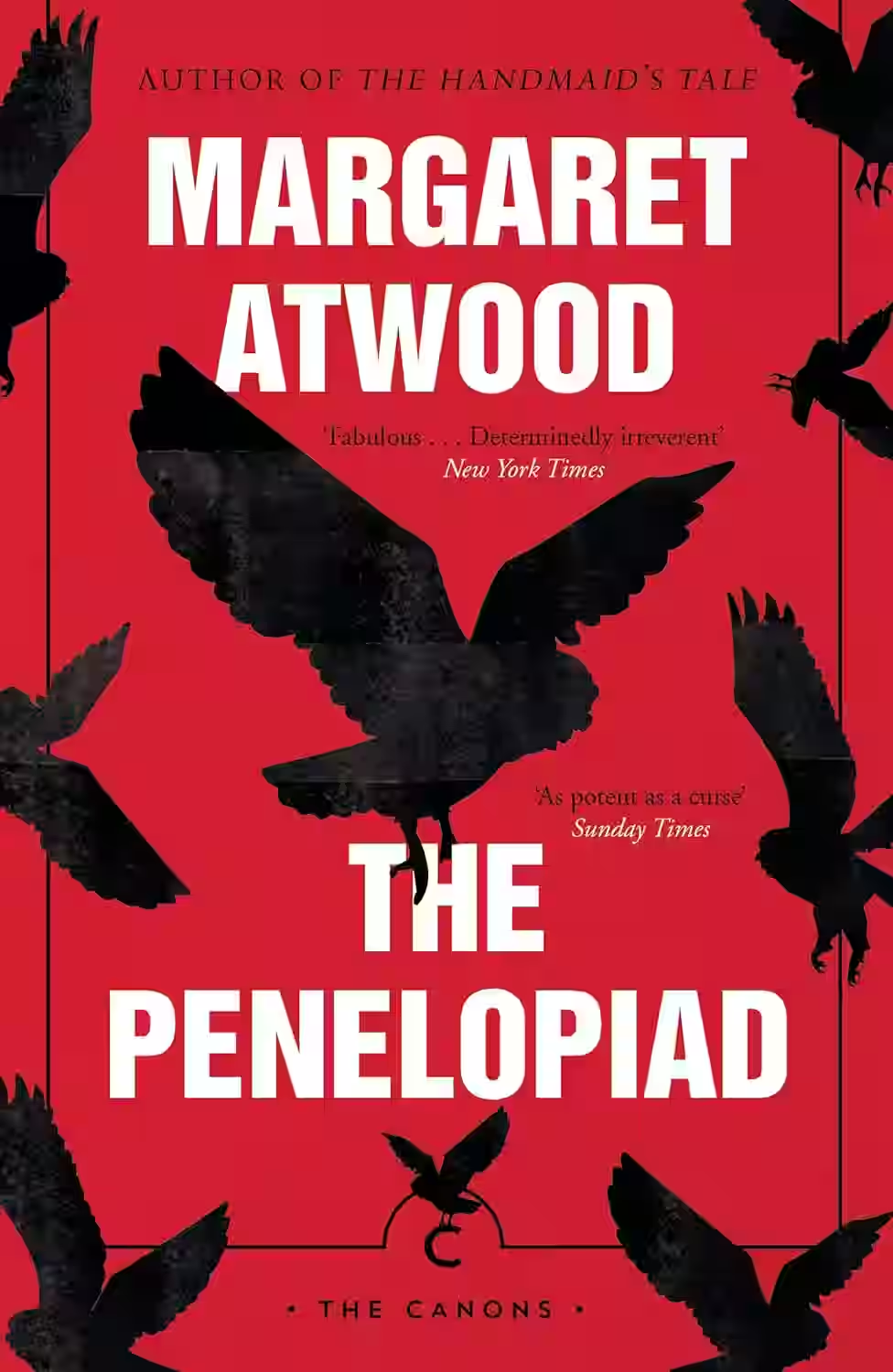
The Penelopiad
Margaret Atwood's "The Penelopiad" offers a fresh perspective on Homer's legendary narrative by retelling 'The Odyssey' from Penelope's viewpoint. The novella paints a vivid portrayal of Odysseus' wife, Penelope, as she waits for his return while ruling Ithaca and dealing with suitors vying for her hand. Atwood interlaces Penelope’s narrative with a chorus of her twelve maids, offering a critique of historical injustice and the silencing of female voices. Through wit and poetic prose, Atwood explores themes of power, loyalty, and the complexities of female identity. This narrative reimagining sheds light on ancient myth, gifting readers with a story that is both timeless and eerily relevant to contemporary issues of feminism and justice.
Similar Books
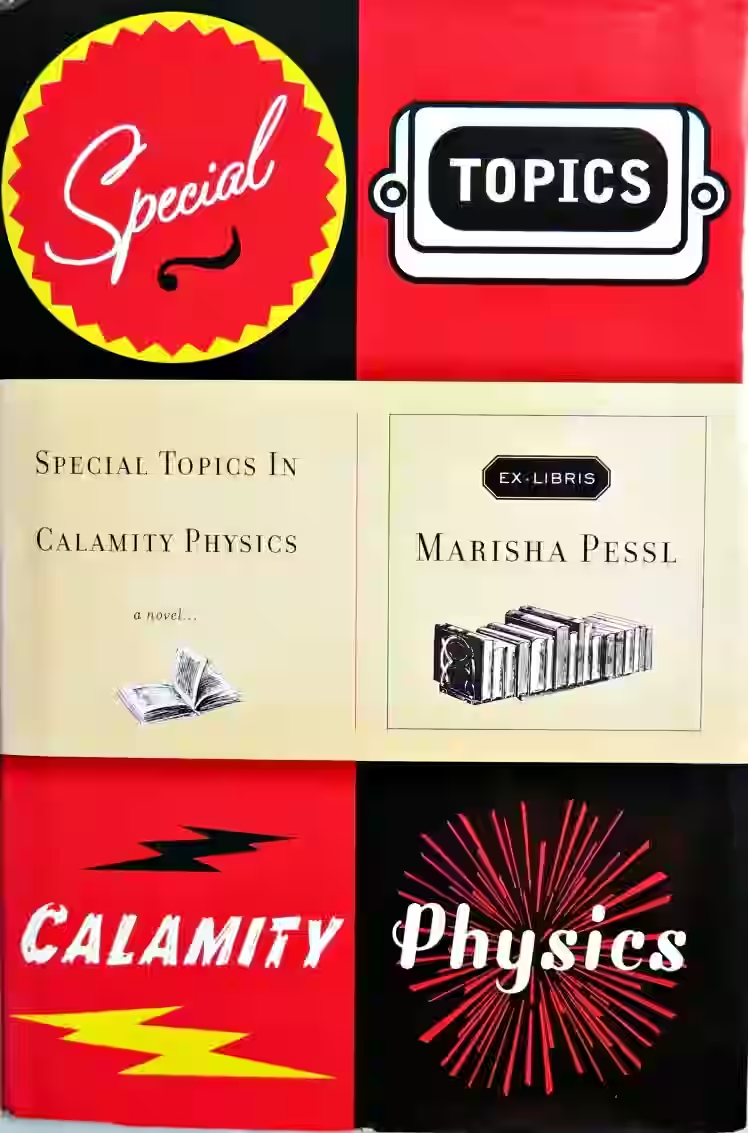
Special Topics in Calamity Physics
Marisha Pessl's 'Special Topics in Calamity Physics' is a rich tapestry of mystery, academia, and coming-of-age exploration centered around the life of Blue van Meer, a precocious teenager with an insatiable appetite for knowledge. The narrative is structured like a college syllabus, filled with references that guide readers through Blue's entangled life after she arrives at the elite St. Gallway School. Dubious friendships with the enigmatic Hannah Schneider and her charismatic group, known as the Bluebloods, unravel layers that lead Blue into a menacing world of secrets and betrayals. Pessl's intricate storytelling and clever, literary prose make it a compelling exploration of identity, truth, and the complexities of human connection, leaving readers both satisfied and contemplative long after the final page is turned.
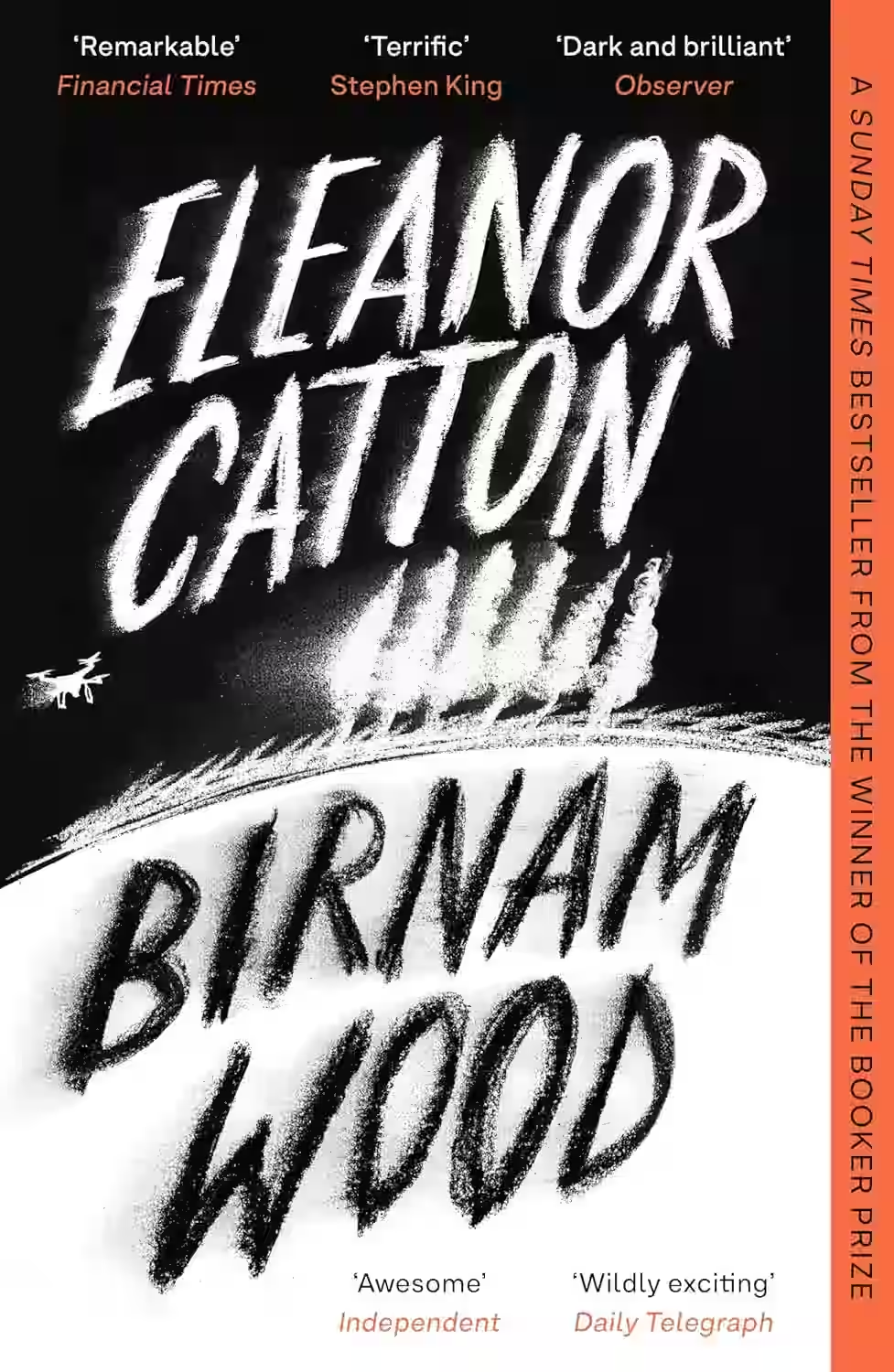
Birnam Wood
This gripping eco-thriller pits a guerrilla gardening collective against a billionaire tech mogul with sinister motives in rural New Zealand. As the idealistic Birnam Wood group trespasses to plant crops, they clash with corporate greed and political intrigue. Tensions escalate into a high-stakes battle between environmental activism and capitalist exploitation. Eleanor Catton, Booker Prize-winning author of The Luminaries, returns with a taut, intelligent novel exploring surveillance, ideology, and moral compromise in the age of climate crisis. Birnam Wood is both a literary page-turner and a sharp critique of modern power structures.
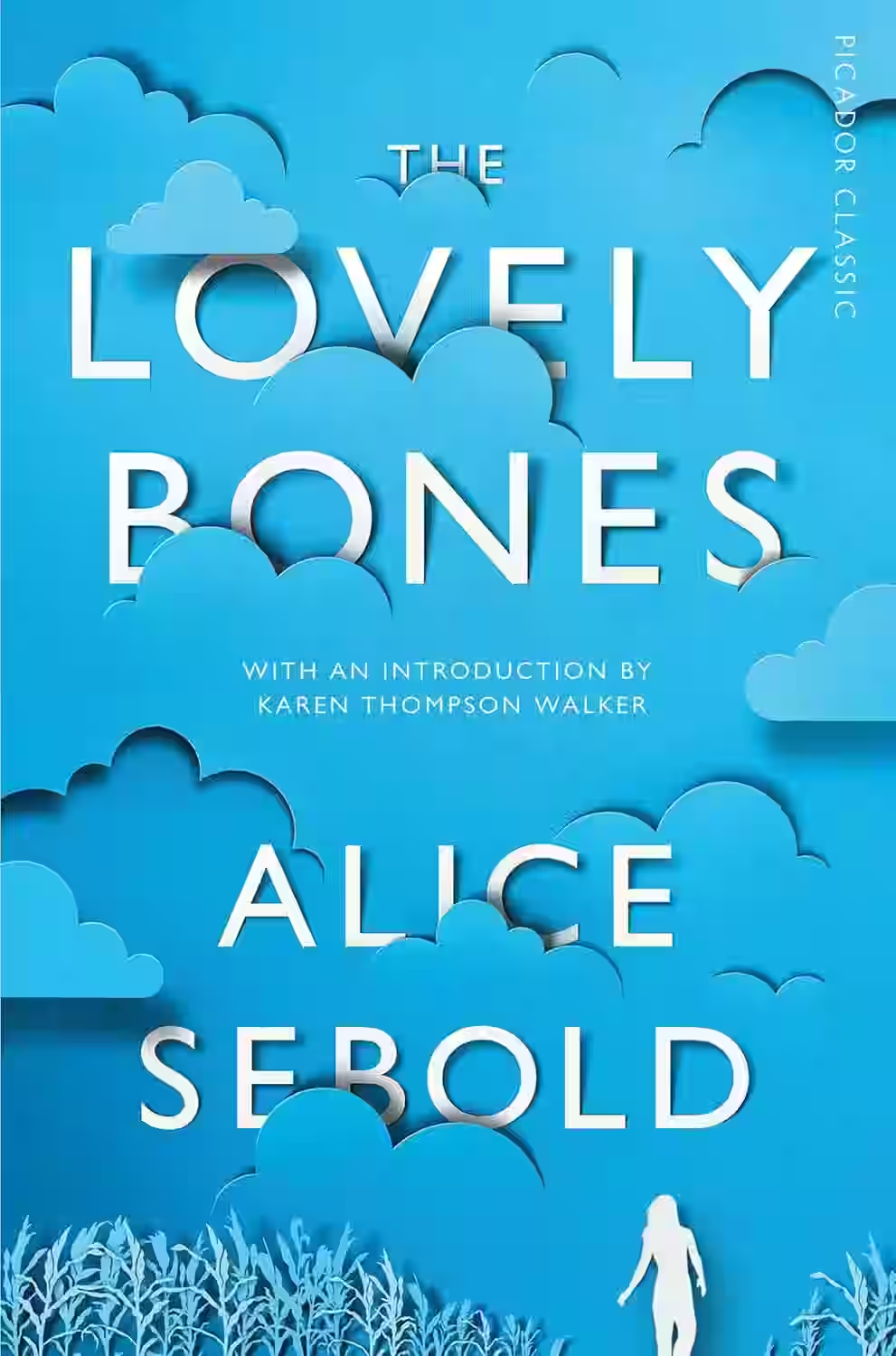
The Lovely Bones
by Alice Sebold
Alice Sebold's 'The Lovely Bones' is a haunting and emotionally resonant novel that delves into the aftermath of a young girl's brutal murder. Narrated from the perspective of the victim, Susie Salmon, the story explores themes of grief, loss, and the intricate connections between the living and the dead. As Susie watches from her personal heaven, she witnesses how her family and community cope with her absence and strive to find closure. Sebold's lyrical prose and poignant storytelling offer a unique exploration of tragedy and healing. 'The Lovely Bones' is a compelling and thought-provoking read that lingers with readers long after the final page.
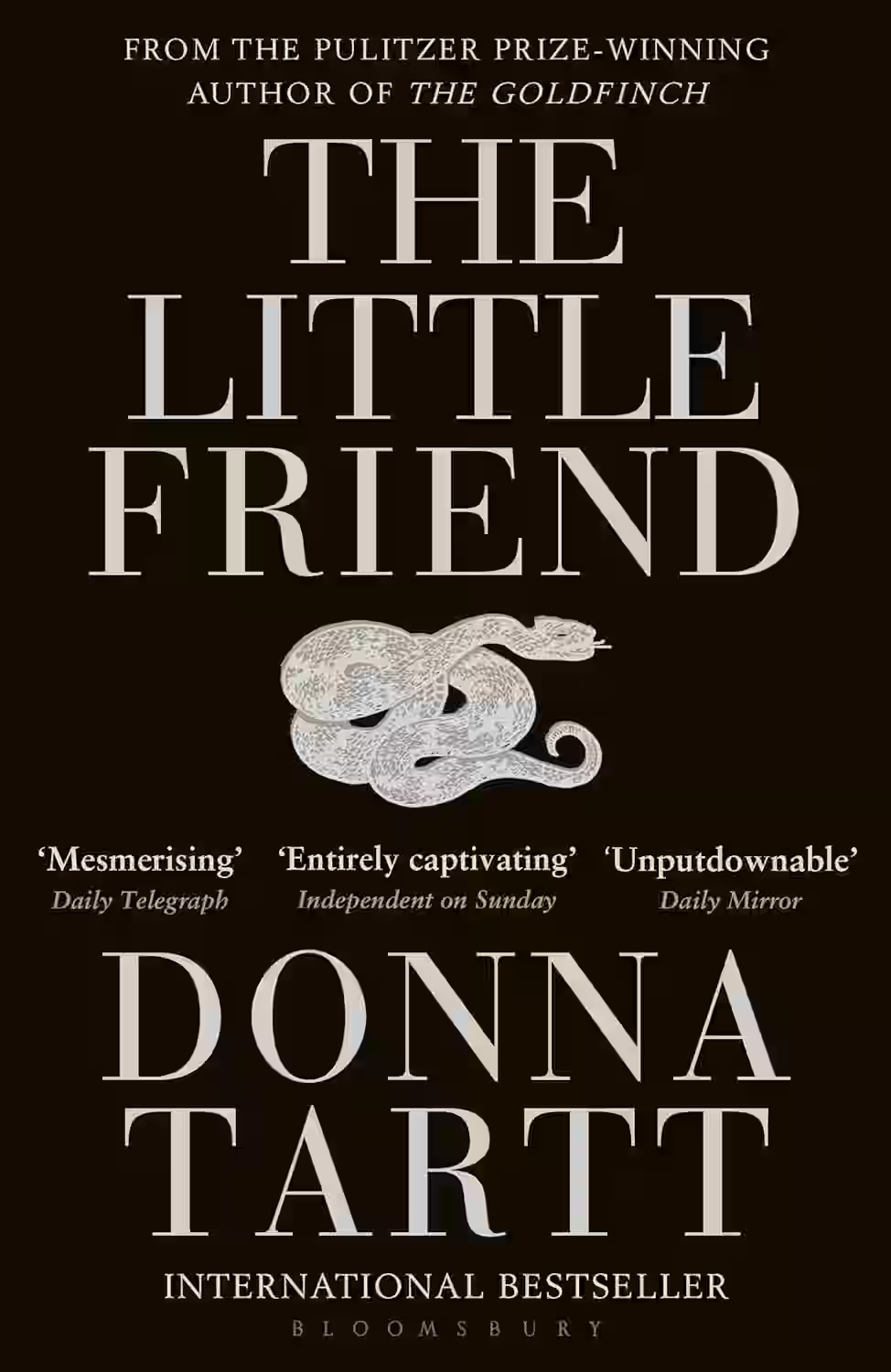
The Little Friend
by Donna Tartt
Donna Tartt's "The Little Friend" is a gripping Southern Gothic epic that unravels the mysterious death of a young boy, Robin Cleve Dufresnes, through the eyes of his determined sister, Harriet. This coming-of-age story is steeped in the eerie atmosphere of Mississippi in the 1970s, as Harriet sets out to solve the mystery that has haunted her family. Tartt masterfully weaves themes of family dynamics, innocence lost, and the burdens of Southern history. The narrative intricately examines childhood curiosity and the lengths to which one might go in pursuit of justice. With its vivid character portrayals and richly textured prose, "The Little Friend" is a haunting exploration of grief and obsession that lingers long after the final page.